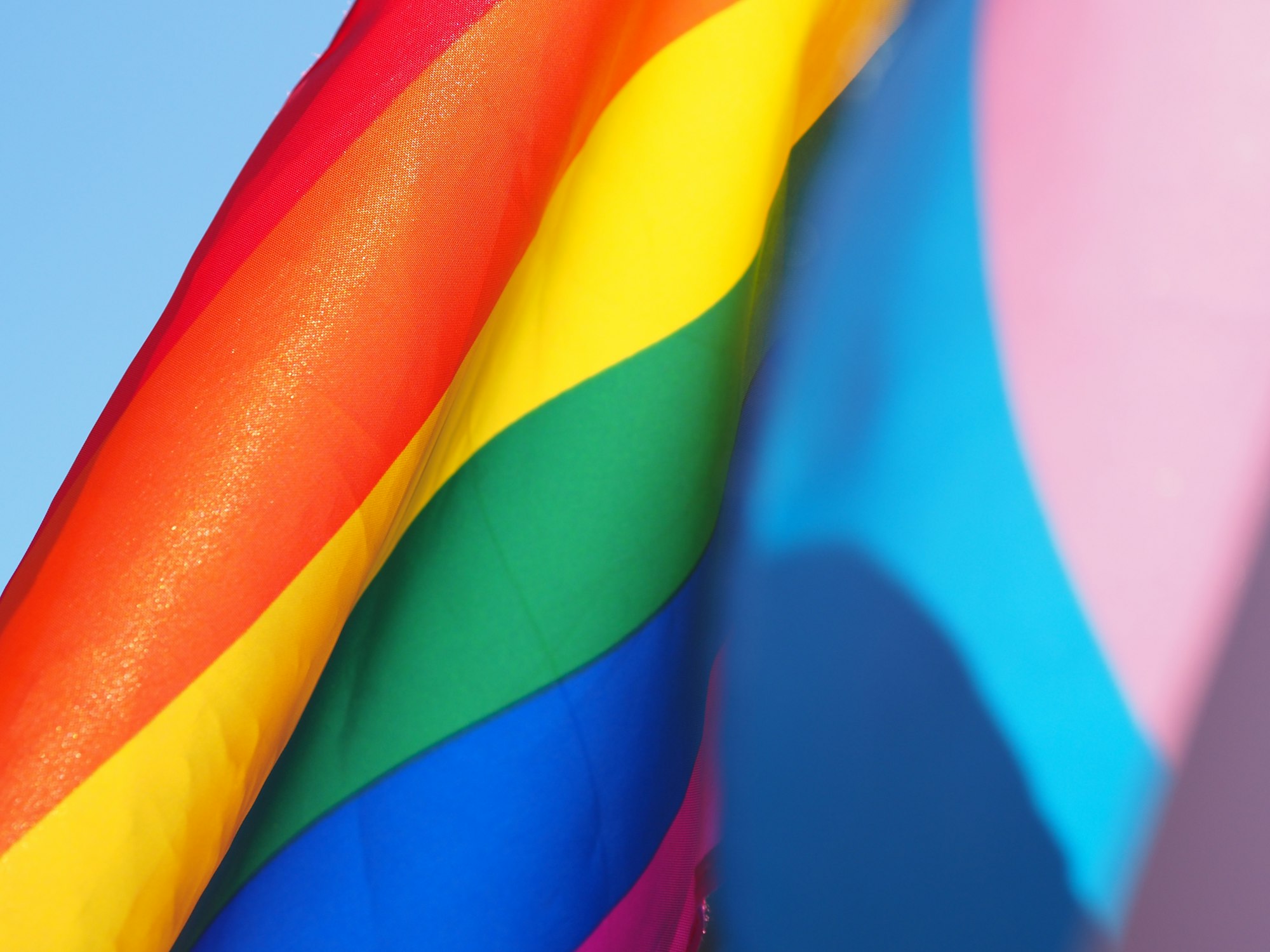Hogwarts Legacy and Rowling's Lack of Contrition
J.K. Rowling has shown a stark unwillingness to grow

Our team explicitly rejects J.K. Rowling's misinformed views on the trans community. Many of these views further harmful stereotypes and tropes that contribute - directly and indirectly - to attempts to curtail trans rights across the world.
We have decided not to review Hogwarts Legacy, nor accept a code for the game from the publisher. SUPERJUMP marked the game's release by making a donation to The Trevor Project, an organisation committed to supporting trans youth.
Going forward, we will not ban authors from writing about the game (outside of a review), as it's the authors themselves who decide what games we cover here at SUPERJUMP. Any Hogwarts Legacy stories must adhere to our usual standards of quality and thoughtfulness. We acknowledge that the decision on whether or not to play the game is a personal one, and we respect the fact that there are a range of equally valid perspectives around this.
Regardless whether or not you choose to play Hogwarts Legacy, please consider donating to The Trevor Project or an LGBTQ charity of your choice.
Thank you for your time.
James Burns
Editor in Chief
Hey YouTube, can you knock it off with the Hogwarts Legacy ads? I don't want to see them. My friends don't want to see them. We don't want the reminders of how a beloved childhood author betrayed us. It's hard enough to see this woman - who we once saw as a hero - dig herself an ever-deeper hole. But the wall-to-wall coverage is a continual and unwelcome reminder.
If you've been living under a rock and you're completely unaware of the controversy, I recommend watching this video by Jessie Gender, a trans YouTuber. The video begins with some of Jessie's tweets that expressed genuine internal conflict around letting go of Harry Potter, a franchise that many people grew up with and still have affection for. Jessie argued that this sense of nostalgia is understandable, but that engaging with Hogwarts Legacy - a new iteration of the franchise - is morally unacceptable. J.K. Rowling quoted one of these tweets, pointing out what she viewed as an internal inconsistency in Jessie's core argument.
I recommend watching the video if you can; I've been trying to watch all of it, but I feel sick and stressed every time I complete a section. Why does J.K. Rowling keep picking at this open wound? Could it be that continually stoking controversy is benefiting her financially? Whether or not that's the case, it's certainly true that Rowling's current wealth means that she feels able to spout any nonsense without serious repercussion.

Death By A Thousand Cuts
J.K. Rowling didn't shatter her pedestal in one fell swoop, of course. She chipped away at it for years, layering one unnecessary argument on top of another, buttressing her increasingly-outmoded views with liberal doses of misinformation. First it was cultural appropriation of the Navajo, then it was transphobia. This has ensured that she has completed her transition from beloved children's author to outright bigot, a path that has been smoothed in part because her incredible wealth essentially makes her cancel-proof.
What was the final straw for me? It was Jessie Gender's video. I was horrified to hear that, thanks to J.K. Rowling's quote-tweets in December, Jessie had to spend her Christmas as the subject of harassment from online strangers. Where these online debates are intellectual fodder for Rowling, Jessie felt they were a question of her very survival and right to exist.
The irony - and what really hurt - is that Harry Potter once instilled the value of kindness in me. And while the story revolved around a boy wizard, the idea that your background or station in life shouldn't define you is an admirable one. Being good or bad (and everything in between) is a choice that each of us can make; we don't have to be the prisoners of fate.
It's not just that Rowling's personal views are distressing and feel like a betrayal. Elements of the Harry Potter lore are, at the very least, clumsy and at the very worst, devolve into questionable and problematic tropes (especially anti-Semitic tropes surrounding the goblins who, among other things, jealously guard the Gringotts Bank - you can read a nuanced critique on this question in this piece by The Times of Israel).
J.K. Rowling is, of course, not the only famous author to have expressed concerning views. Jessie Gender points out in her video that both Ursula K. Le Guin and Neil Gaiman have made problematic errors in their earlier writing, but that they've admitted as much during interviews and podcasts. Both authors have pointed out that the criticisms people leveled at them were legitimate, and both have made some deliberate effort to improve their approach to representation and to avoid thoughtless, harmful tropes. But, as yet, J.K. Rowling hasn't expressed any contrition or desire to learn and grow. Why can't she do this? Why can't she incorporate these potential learnings into the universe she has created?

Unethical Consumption
If you don't want to watch the whole three hour video (or if you're feeling as ill as I feel), I recommend skipping to section six. This section deals with the specific question of separating the art from the artist (or, in this case, J.K. Rowling from the developers).
It's worth adding that if you choose not to play Hogwarts Legacy, you're not hurting the developers. These people are not indie creators struggling to make ends meet, they are part of a major media conglomerate with plenty of money (and, by the way, Hogwarts Legacy is selling absolute bucketloads anyway; the devs will be fine).
So, if you're worried about the welfare of the developers; don't be. Rather than buying the game out of fear that the developers won't be able to feed their families, I suggest supporting unionization so that developers can truly work on the projects they love without being exploited. Also, consider investing in games like Tomorrow for Mar, a game made by indie creators that has a non-binary protagonist and queer characters (who happen to attend a magical school).
It's unfortunate that despite all the pushback, J.K. Rowling's views haven't evolved or progressed in any way. Not only that, but the franchise itself hasn't incorporated any serious attempts to deal with and move past some of its harmful tropes.
I'm not going to judge anyone who plays Hogwarts Legacy; that's a personal choice that is going to be different for everyone. But I can't invest in the game, both knowing J.K. Rowling's views, and especially noting her unwillingness to learn from the criticisms that have been leveled at her. Harry Potter is beloved in part because he stood up to oppressors and bullies. If we're truly going to live up to his example, we should be prepared to stand up to anyone who takes on this role, even if it's his creator.